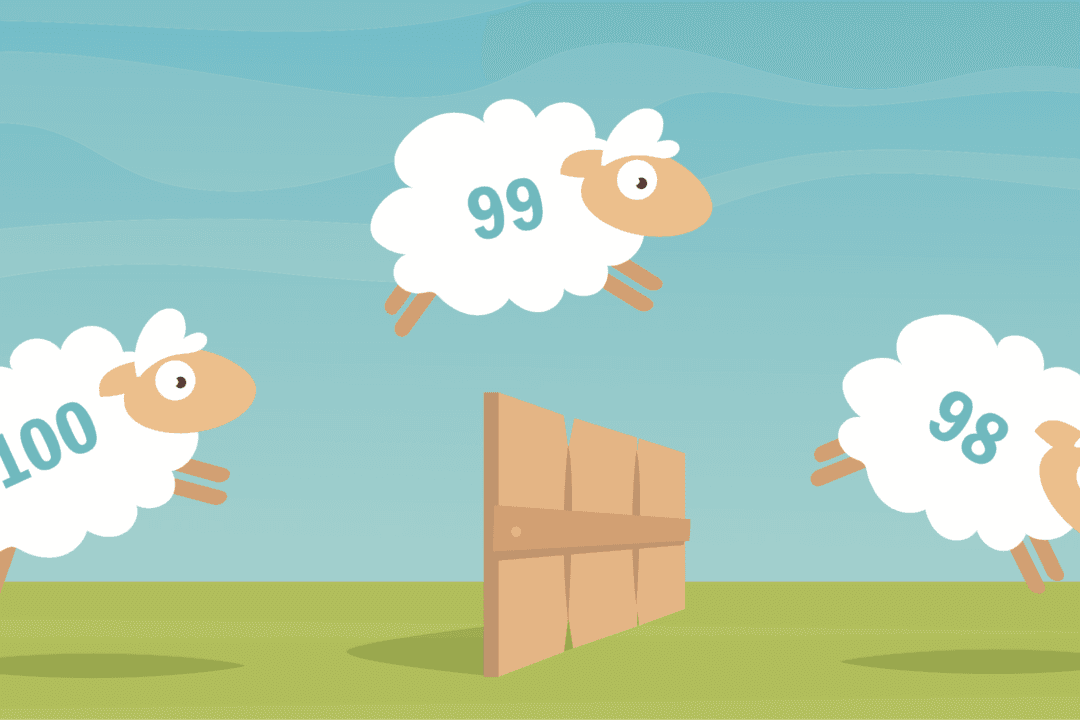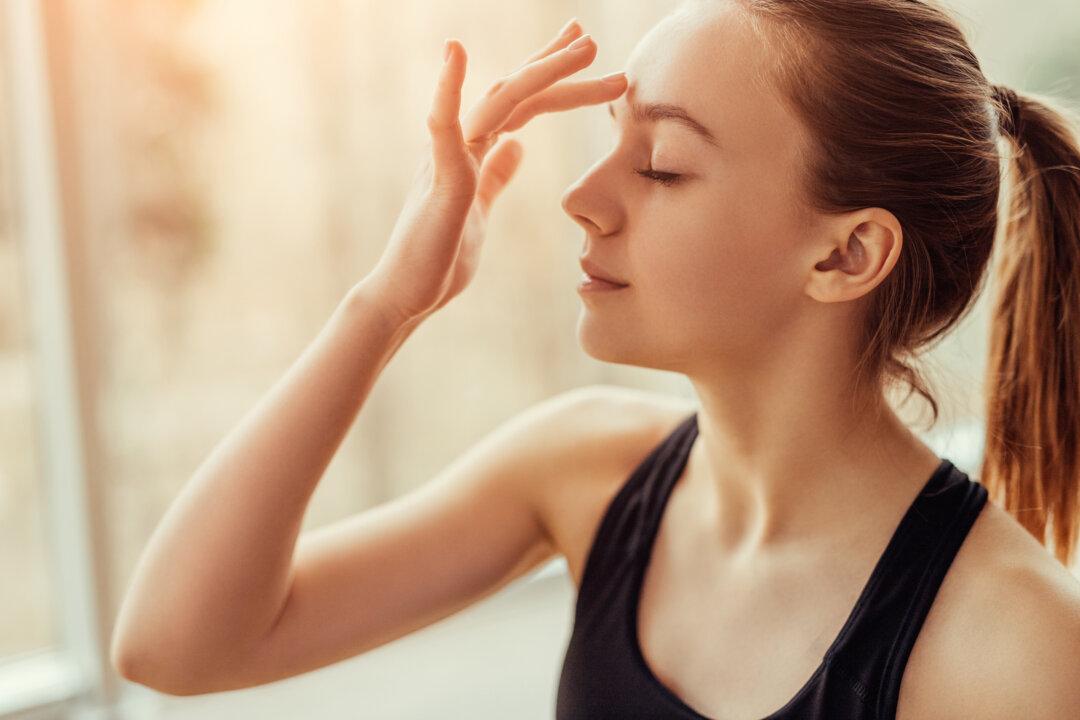I must have counted millions of sheep back when I regularly suffered from insomnia. I would lie in bed staring at the ceiling, or worse, staring at the clock. Minutes passed. Hours passed. I’d count the hours until I had to get up. Six hours. Five hours. Four. Regardless of how tired–how utterly exhausted my body and mind felt– I could not sleep.

A chronic lack of sleep not only affects your work, your relationships, and your enjoyment of life, it also wreaks your body’s ability to heal in every way. Anna Violet/Shutterstock
|Updated:




